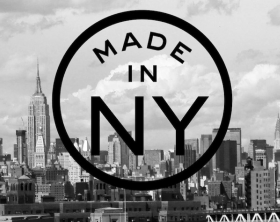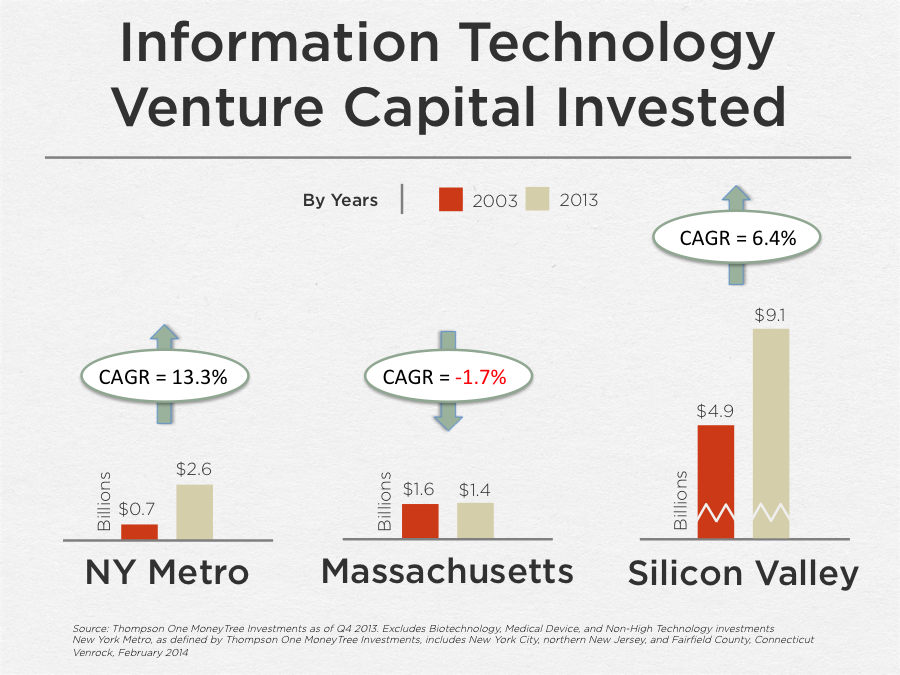Today Dataminr announced a $130m round of financing from a group of leading financial institutions and prominent financial thought leaders including John Mack, Vikram Pandit, Tom Glocer and Noam Gottesman.
A number of friends have asked me about the company and what I find most interesting about it. This seemed like a good opportunity to highlight a few thoughts.
What I find most interesting about Dataminr is that in addition to building a business, it is pioneering a new science. The science is real-time information discovery, and it involves sifting through the ever-growing tidal wave of real-time public data to identify and determine the significance of breaking events by their nascent digital signatures, as they happen. Sometimes these events are well-wrapped, for example by someone witnessing an event and tweeting about it, with others providing corroboration. Sometimes they aren’t, with algorithms figuring out what is happening by seeing thousands of facets of something larger. The company has a deep strategic partnership with Twitter that makes this kind of discovery possible.
This new science is, without a doubt, very cool. It enables one to discover news before it’s news and market-moving information before markets move. It provides a kind of X-ray vision into what is going on in the world in real-time with a filter for what is significant, and to whom. All on the basis of publicly available data.
In a period of five months, Dataminr has become the real-time wire service used almost universally by major news organizations, beating out the next best service by over an hour and discovering troves of unknown unknowns that would never have otherwise come to light. It has become adopted by the lion’s share of leading financial institutions to have access to the frontier of breaking information in real time.
What’s also interesting is how Dataminr will change the world. In my view most industries that rely on real-time information — an ever-increasing number — will be influenced by it, and some will be transformed by it. The wave of change began in the fields of finance, news and public safety, and I think will move quickly to risk management, security and PR. And undoubtedly to other verticals in ways that are difficult to predict. I am particularly excited about what the company and its technology can do to help save lives in the fields of public safety and humanitarian assistance.
Dataminr is in the early days of a long journey, but it is already impacting the world in significant ways, and it’s exciting to be a part of.

